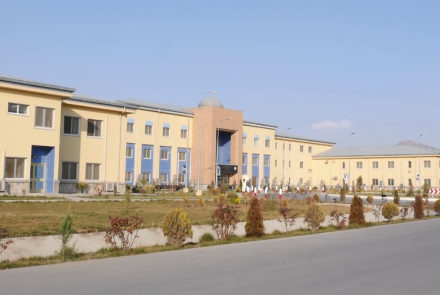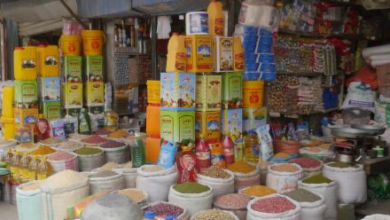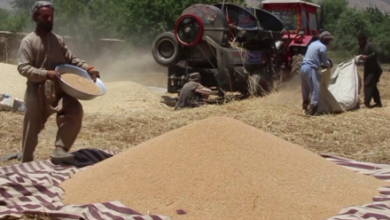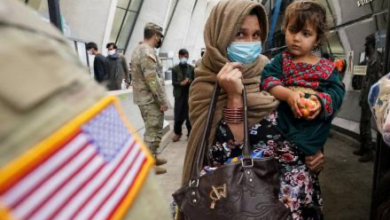Interior Ministry Rejects UN Report on Drug Cultivation in Afghanistan

The Ministry of Interior has rejected the United Nations Office on Drugs and Crime (UNODC) report stating a 30% increase in opium cultivation in Afghanistan, calling it far from reality.
In response to the report, the ministry stated that the Islamic Emirate has made every effort to eradicate drugs.
Abdul Mateen Qani, the spokesperson for the Ministry of Interior, said in a statement that combating this phenomenon is among the ministry’s top priorities and that banning the cultivation and production of narcotics in Afghanistan is a fundamental policy of the Islamic Emirate.
The statement added that according to the ministry’s assessments of drug cultivation and production in Afghanistan, a significant reduction has been observed over the past year compared to previous years.
Meanwhile, the UNODC stated that opium cultivation in Afghanistan has increased by 30% compared to last year.
In its report, the UNODC noted that although opium production in Afghanistan was low in 2022 and 2023, it is expected to reach 433 tons in 2024.
Part of the report stated: “Opium production in Afghanistan remains low for the second consecutive year, with production at 433 tons in 2024, confirmed new estimates from the UN Office on Drugs and Crime (UNODC). Although this figure represents a 30 per cent increase from 2023.”
“This message is based on political confrontation with Afghanistan’s interim government. When governance is based on the implementation of Sharia, the cultivation and planting of narcotics are prohibited. I hope these confrontations are resolved through dialogue,” said Mohammad Zalmay Afghanyar, a political analyst.
The UNODC Executive Director also stressed investing in alternative crops for farmers in Afghanistan.
Ghada Waly, the UNODC Executive Director, said: “We also need to help poppy-dependent rural communities transition to licit, economically viable alternatives, by investing in infrastructure, agricultural resources, and sustainable livelihoods.”
“Last year, the cultivation, planting, and trafficking of drugs significantly decreased because some UN offices were cooperating with the Islamic Emirate,” said Jannat Faheem Chakari, another political analyst.
Meanwhile, the Deputy Interior Minister for Counter Narcotics rejected the report, stating that drug cultivation in Afghanistan has been eradicated.
Abdul Haq Akhund, Deputy Interior Minister for Counter Narcotics, said: “We strongly reject this report published by the United Nations. We have repeatedly held meetings with them and proven that opium cultivation does not exist anywhere in Afghanistan.”
The leader of the Islamic Emirate issued a decree on the 14th of Hamal 1401 (April 2022) prohibiting poppy cultivation and narcotics production across the country.



